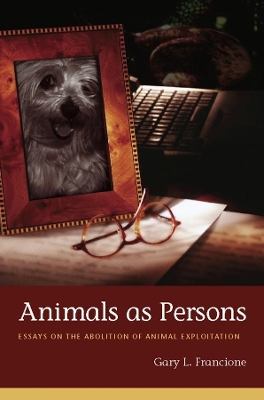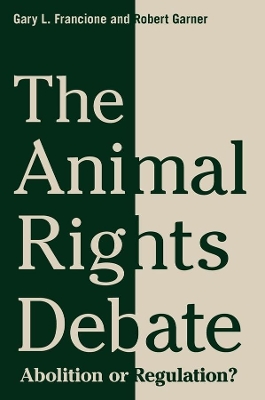Critical Perspectives on Animals
2 total works
A prominent and respected philosopher of animal rights law and ethical theory, Gary L. Francione is known for his criticism of animal welfare laws and regulations, his abolitionist theory of animal rights, and his promotion of veganism and nonviolence as the baseline principles of the abolitionist movement. In this collection, Francione advances the most radical theory of animal rights to date. Unlike Peter Singer, Francione maintains that we cannot morally justify using animals under any circumstances, and unlike Tom Regan, Francione's theory applies to all sentient beings, not only to those who have more sophisticated cognitive abilities.
Gary L. Francione is a law professor and leading philosopher of animal rights theory. Robert Garner is a political theorist specializing in the philosophy and politics of animal protection. Francione maintains that we have no moral justification for using nonhumans and argues that because animals are property--or economic commodities--laws or industry practices requiring "humane" treatment will, as a general matter, fail to provide any meaningful level of protection. Garner favors a version of animal rights that focuses on eliminating animal suffering and adopts a protectionist approach, maintaining that although the traditional animal-welfare ethic is philosophically flawed, it can contribute strategically to the achievement of animal-rights ends. As they spar, Francione and Garner deconstruct the animal protection movement in the United States, the United Kingdom, Europe, and elsewhere, discussing the practices of such organizations as PETA, which joins with McDonald's and other animal users to "improve" the slaughter of animals.
They also examine American and European laws and campaigns from both the rights and welfare perspectives, identifying weaknesses and strengths that give shape to future legislation and action.
They also examine American and European laws and campaigns from both the rights and welfare perspectives, identifying weaknesses and strengths that give shape to future legislation and action.

